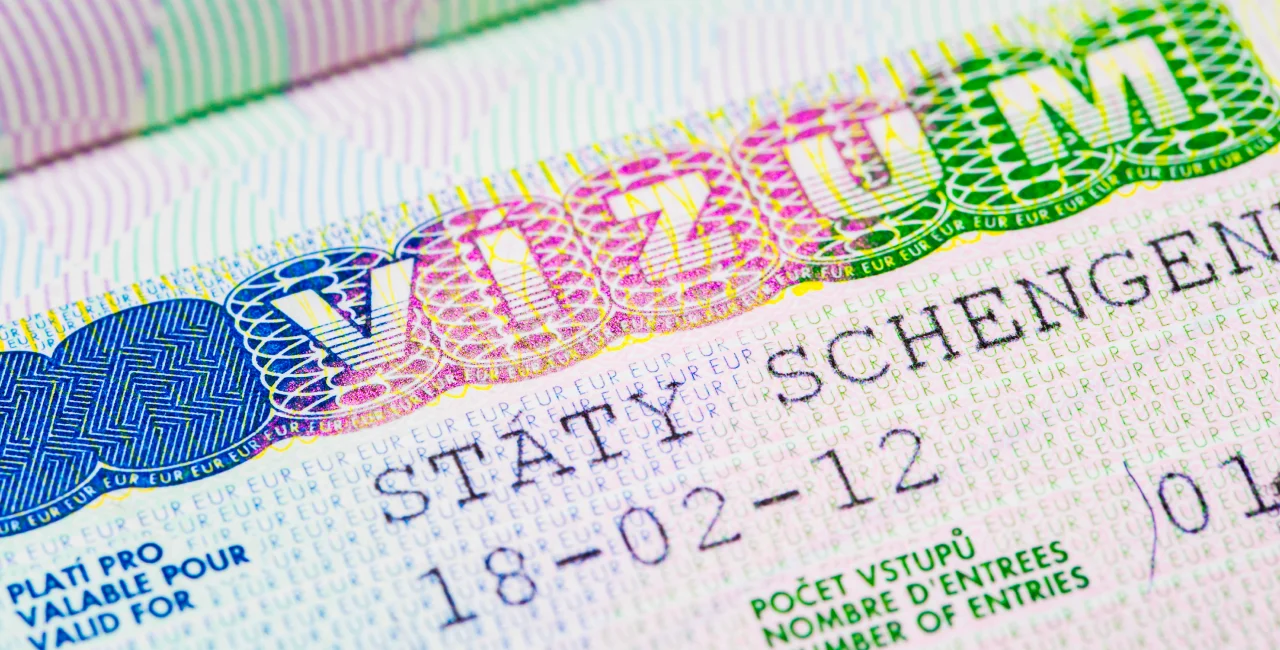The Czech Republic has introduced an automated lottery system for managing the overwhelming demand for Schengen short-stay visas at embassies in several countries, including Morocco, India, and Nigeria.
An algorithm randomly selects individuals for visa appointments, replacing the previous "first-come, first-served" model that created significant backlogs. The system aims to reduce human involvement, ensuring transparency and minimizing the risk of corruption. However, critics argue it leaves many prospective travelers in limbo, as non-EU Irish residents also face similar challenges due to Ireland’s exclusion from the Schengen Area.
Schengen visas allow holders to travel freely for up to three months within the European Union's Schengen area. However, rising migration and visa fraud concerns have prompted stricter measures, the Ministry of Foreign Affairs said in a statement to Seznam Zprávy, confirming that approximately 10 applicants compete for each available visa appointment.
Human involvement minimalized
In the new system, applicants submit their documents and travel purpose via email. An algorithm then randomly selects individuals for visa appointments, with unsuccessful applicants being re-entered into future lotteries. “The process minimizes human involvement, ensuring transparency and reducing the risk of corruption,” the ministry said in a statement.
This system replaces the previous "first-come, first-served" model, which created significant backlogs and strained consulate resources. For example, the Czech embassy in Rabat, Morocco, previously faced months-long queues for appointments.
The lottery system is currently used for selected residence permits or for the purposes of residence at embassies in Algeria, Armenia, Azerbaijan, China, Egypt, Ghana, India, Indonesia, Iran, Ireland, Japan, Qatar, Kazakhstan, Morocco, Moldova, Nigeria, Pakistan, Saudi Arabia, Singapore, the United Arab Emirates, Taiwan, Tunisia, Turkey, Uzbekistan, Vietnam and Zambia.
Critics of the lottery system, however, argue it leaves many prospective travelers in limbo. Petr Novotný, a Czech resident, shared his frustration after his Indonesian friend failed to secure a visa despite repeated attempts. "We’ve been waiting for weeks with no luck," he told Seznam Zprávy.
Ireland a surprising entry on the lottery list
Surprisingly, Ireland is one of the countries where an automatic lottery for visa applications is used. The visa requirement only applies to its non-EU citizens, who are guaranteed free movement within the EU. The issue, however, lies with residents of Ireland who do not hold its citizenship.
In recent years, as Ireland has become a hub for international companies, the number of such non-citizen residents has increased significantly. Since Ireland is not part of the Schengen Area, non-citizens need a visa to travel outside the country, including to the Czech Republic.
One of these “third-country” Irish residents is Rakesh, who recently moved to Dublin from Mumbai, India. As an employee of a renowned IT company, he earns a solid income and would like to travel. After hearing his colleague rave about Prague, Rakesh planned to visit the Czech capital during the Advent season.
A Czech colleague from the company’s Prague branch told Seznam Zprávy that Rakesh "Unfortunately hasn’t had any luck so far, as the algorithm hasn’t selected him. Not everyone gets through. But one day it will."
In Ireland, this system impacts non-citizens who need Schengen visas to leave the country. Jiří Beneš, Consul General at the Czech Embassy in Dublin, reported that applicants from India, Pakistan, and China dominate the pool. “For tourism, we receive about 100 emails weekly for just 10 to 15 slots,” Beneš said.
The Czech consul in Ireland noted that the Czech office isn’t facing the highest demand for visas, with almost half of the foreigners wanting to travel to Spain primarily for its sea and warm weather.
However, bypassing the visa application system by applying in another EU country with a lower volume isn’t straightforward. Applicants must physically go to the country where the visa is being requested. The main destination of the trip determines the issuing country, a rule set by the EU visa code.












 Reading time: 3 minutes
Reading time: 3 minutes 























